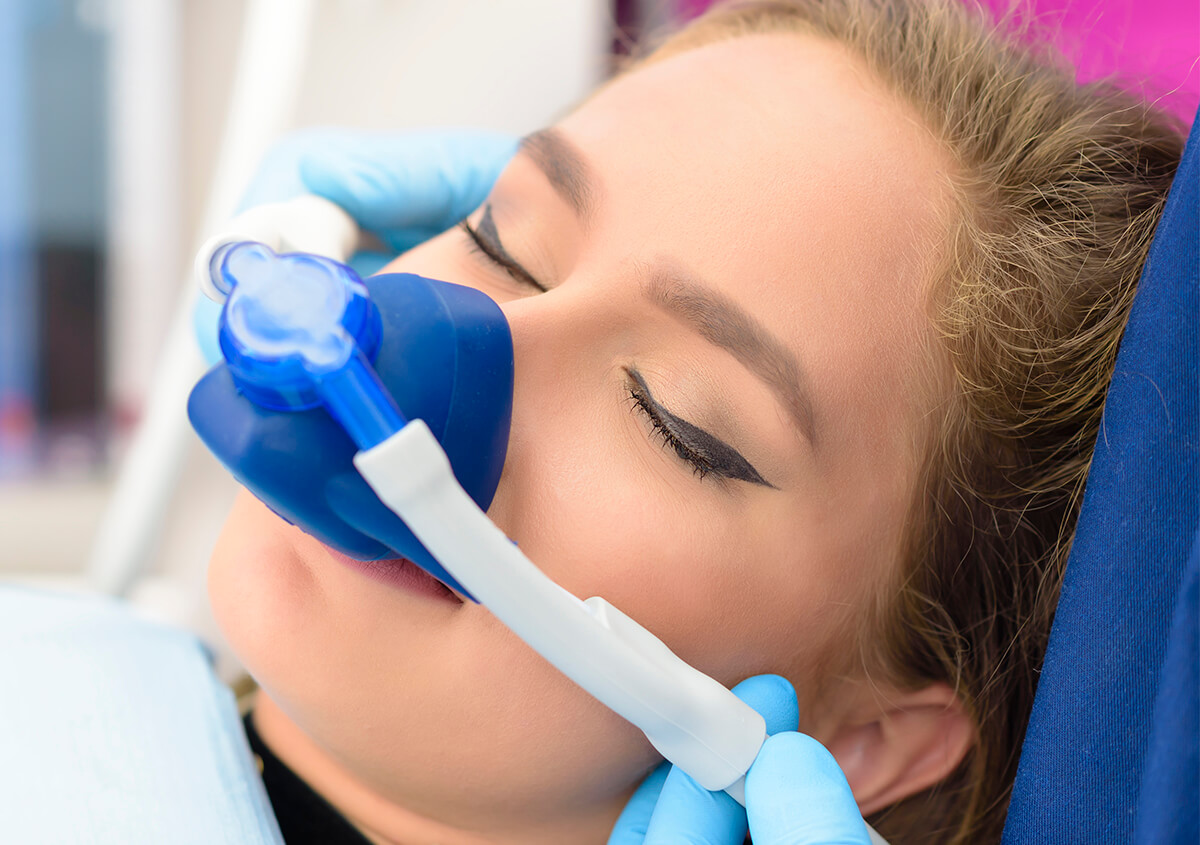As you’re typing in ‘sedation dentistry near me,’ you might want to consider the different types of sedation to best suit your needs. Dental procedures can be intimidating for some patients, and sedation can be a useful tool to help alleviate anxiety and discomfort during treatment. Depending on a patient’s needs, different types of sedation can be offered to make the procedure easier and more comfortable, offering the patient a less daunting and more manageable experience.
Nitrous oxide sedation, also known as laughing gas, is a mild form of sedation that is inhaled through a mask. This kind of sedation is ideal for simple procedures and for patients who have mild to moderate anxiety about the dentist. Plus, one of the best things about nitrous oxide is that it takes effect and wears off quickly, which means that it’s often safe for patients to drive after their appointment.
Oral sedation involves taking a pill before the dental procedure. The medication is usually a type of benzodiazepine, such as Valium or Xanax, which produces a relaxing effect that will make you drowsy, sometimes enough to fall asleep. One of the advantages of oral sedation is that it can be adjusted based on the patient’s anxiety level. However, oral sedation can take up to an hour to take effect, and the effects can last for several hours. Patients who receive oral sedation must have someone accompany them to the appointment and drive them home afterward.
Intravenous sedation, also known as IV sedation, involves administering medication directly into the bloodstream through a vein. This form of sedation produces a deep level of relaxation and is ideal for patients who have severe anxiety or who are undergoing a lengthy or complex procedure. IV sedation can be adjusted during the procedure to ensure the patient remains comfortable and relaxed. One of the advantages of IV sedation is that the patient may have little or no memory of the procedure afterward. Plus, it works quicker than oral sedation, and the level of sedation can be adjusted by the dentist during the procedure.
It is essential to note that all forms of sedation carry some risks, such as allergic reactions or respiratory depression. Patients who are considering sedation should discuss their medical history and any medications they are taking with their dentist to determine which type of sedation is most appropriate. The dentist may also recommend that the patient undergo a medical evaluation before the procedure to ensure that they are healthy enough for sedation.
Each type has its benefits and limitations, and the choice of sedation depends on the patient’s anxiety level, the complexity of the procedure, and the dentist’s recommendation. Regardless of the type of sedation chosen, our patients can rest assured that they will be closely and carefully monitored throughout the procedure, and our team of professionals will provide utmost care to administer any kind of sedation safely and efficiently.


